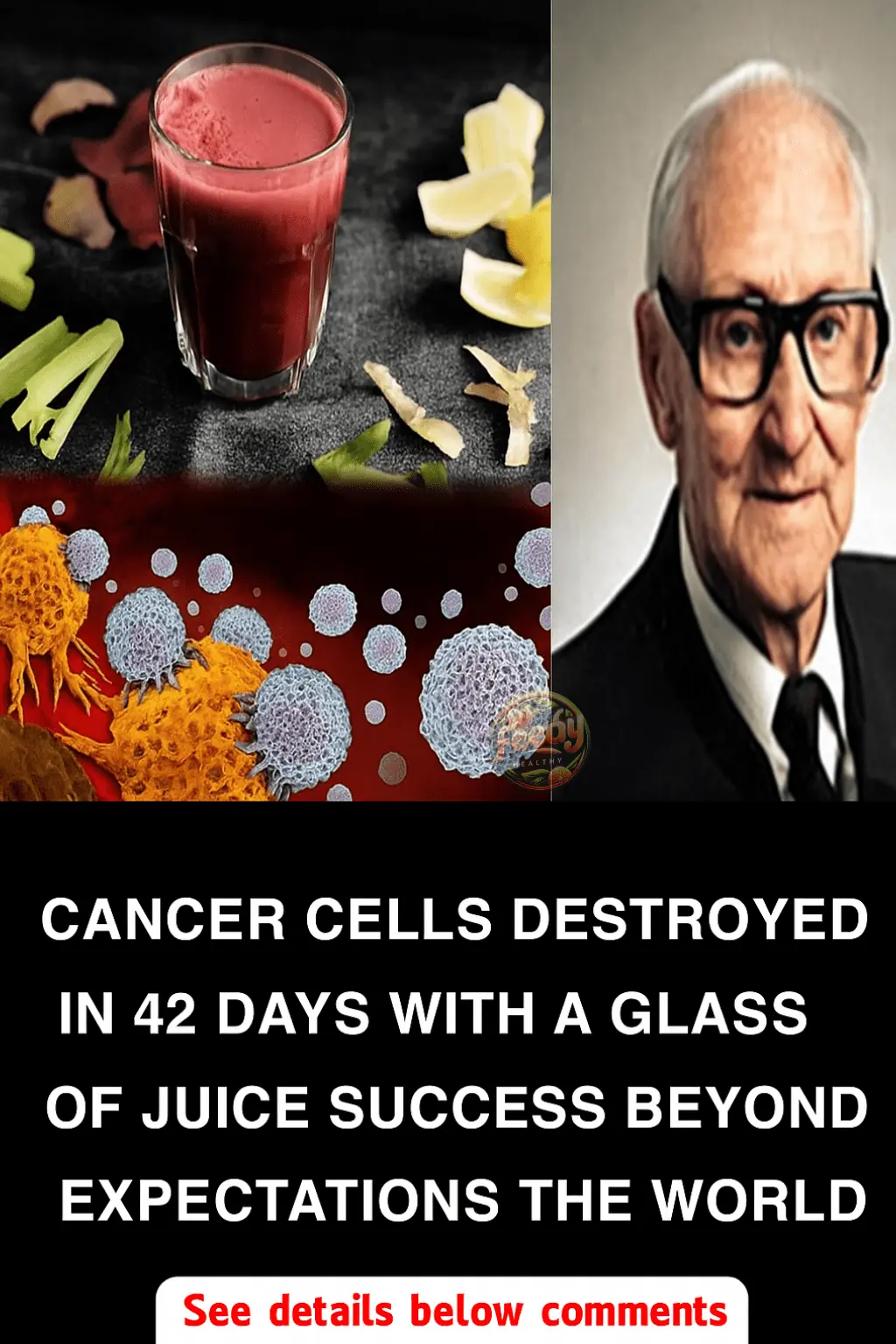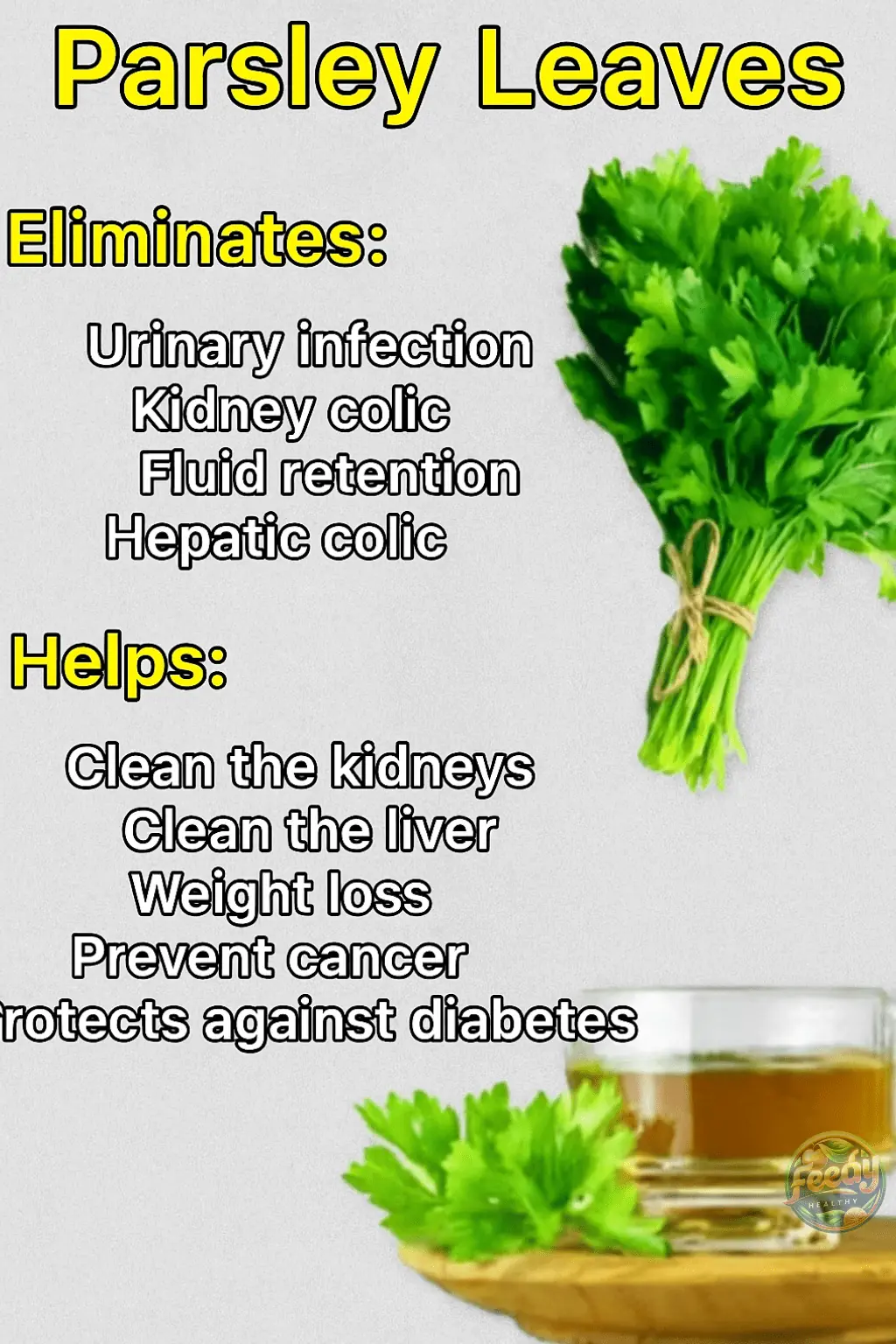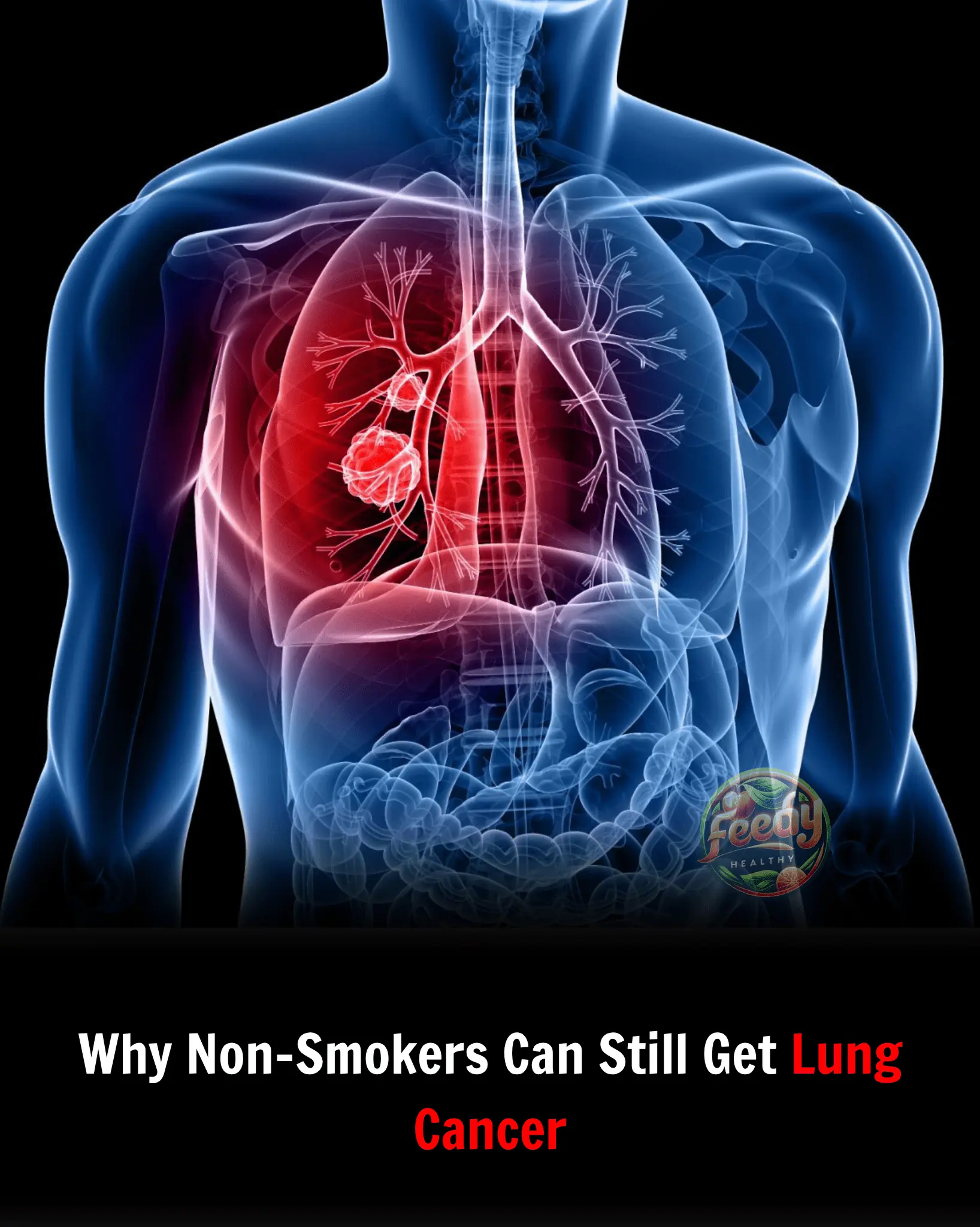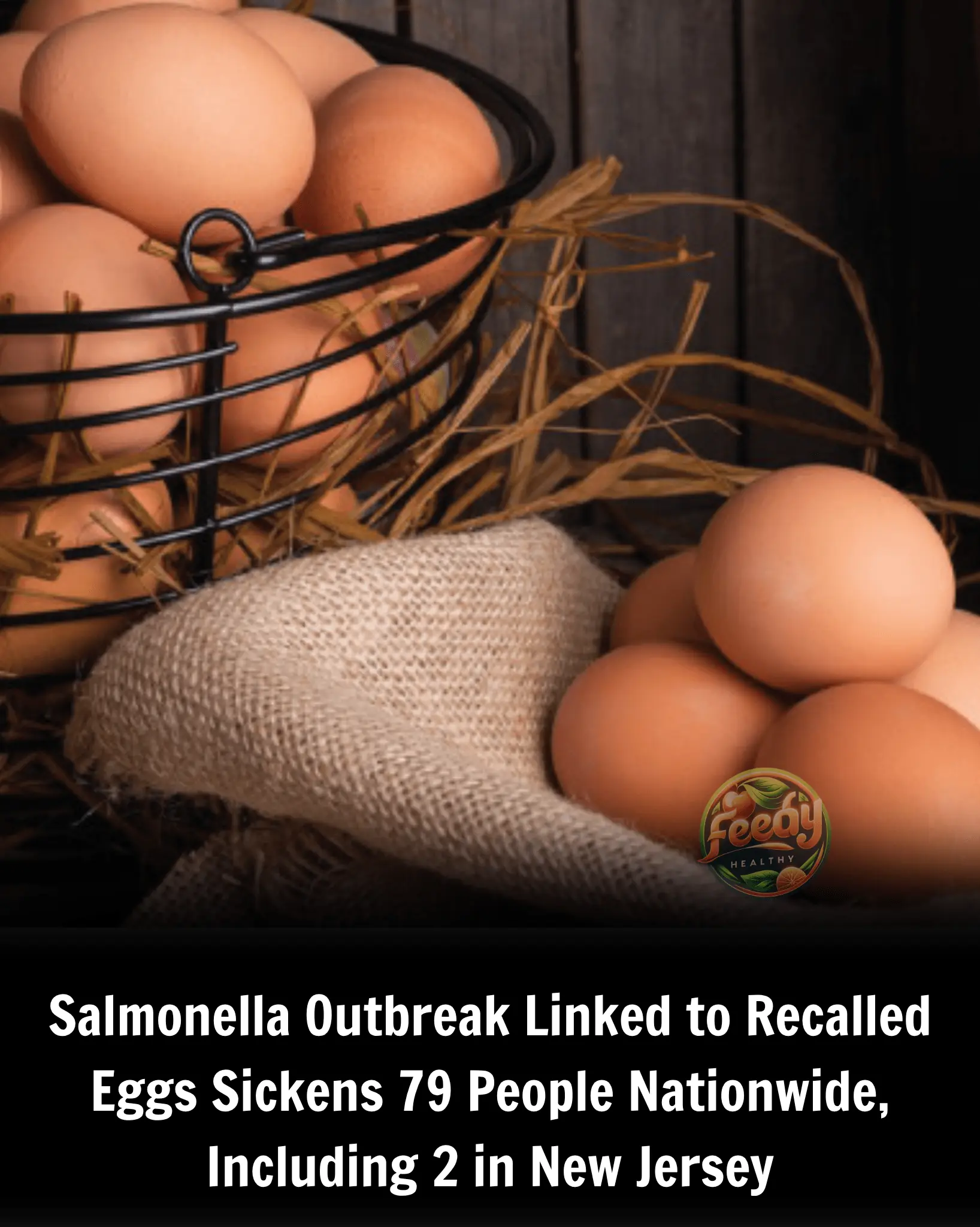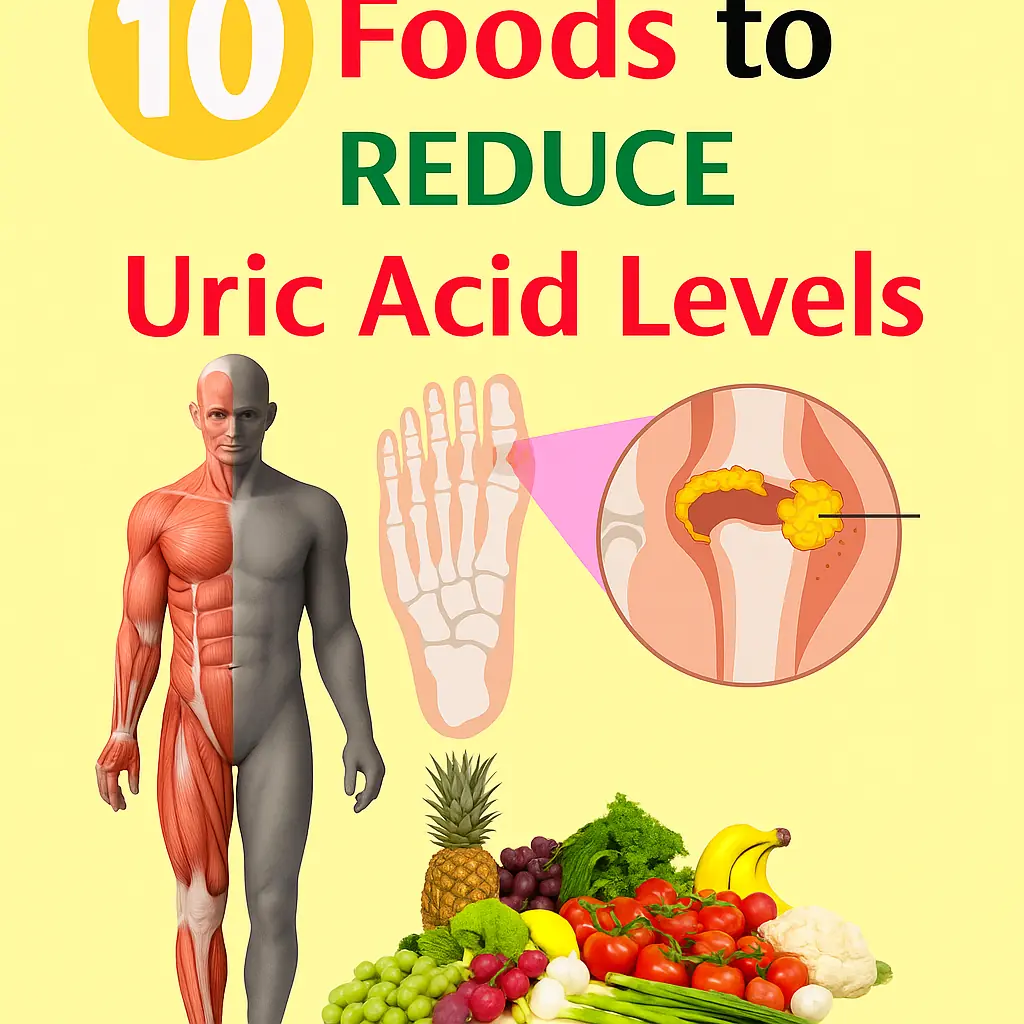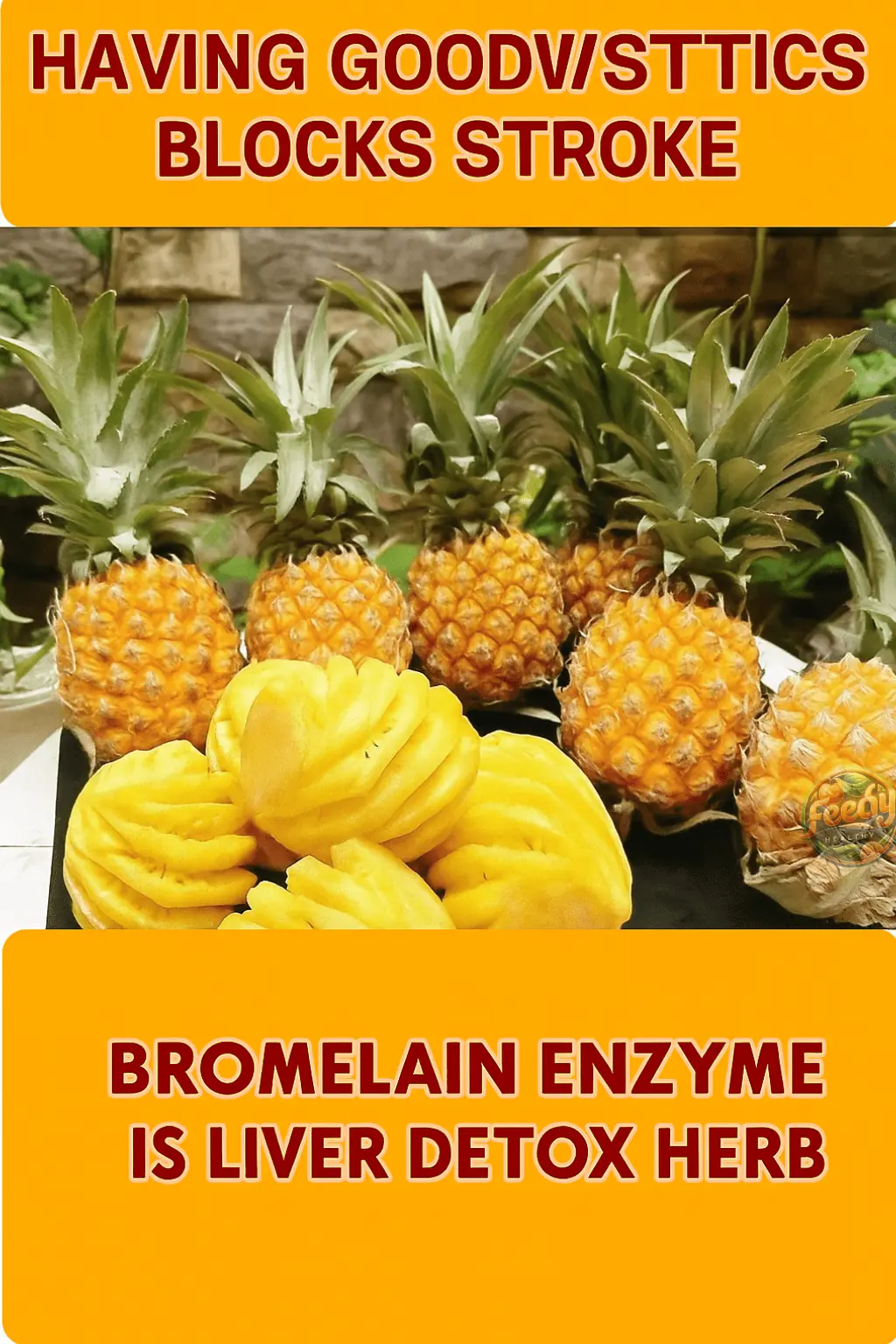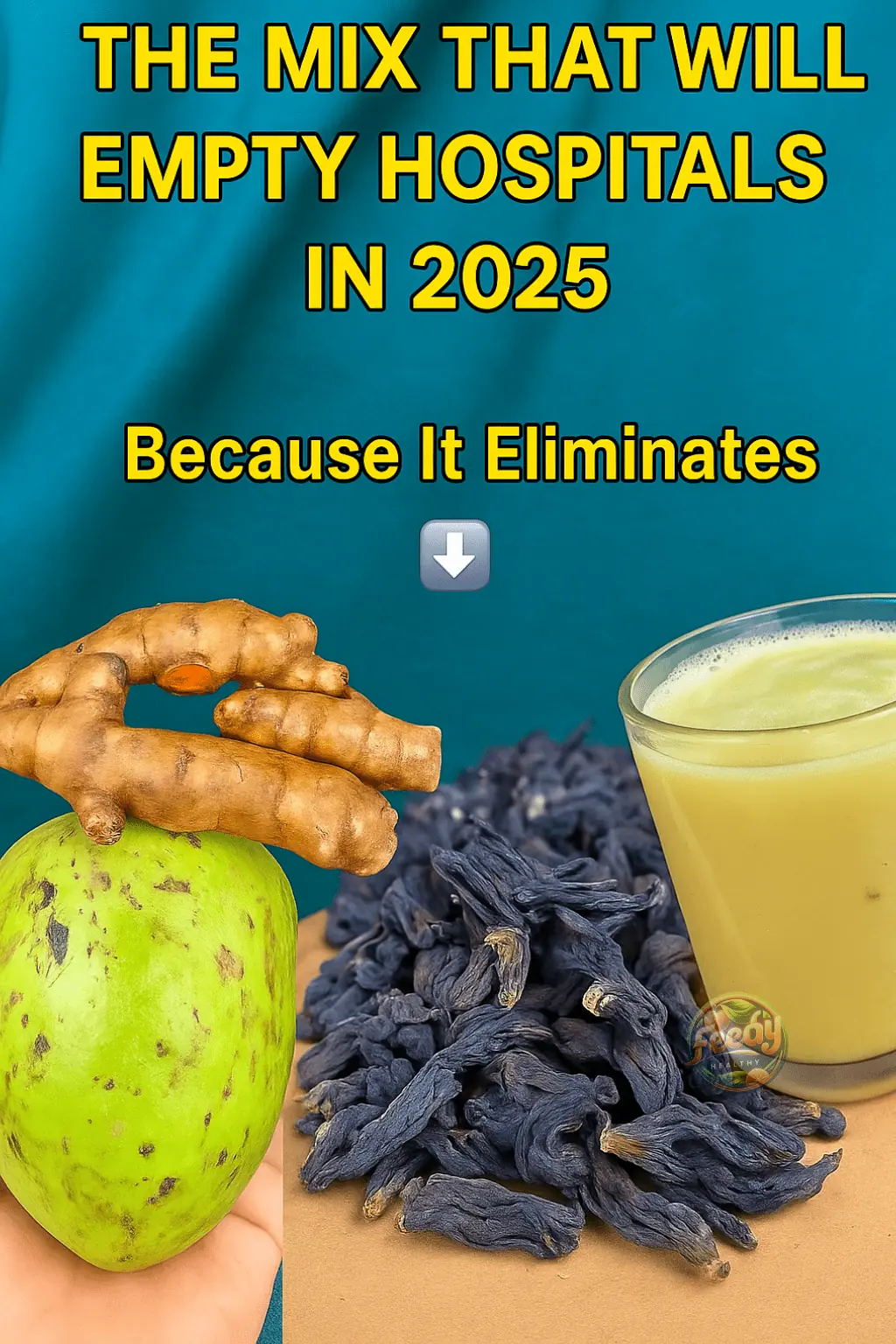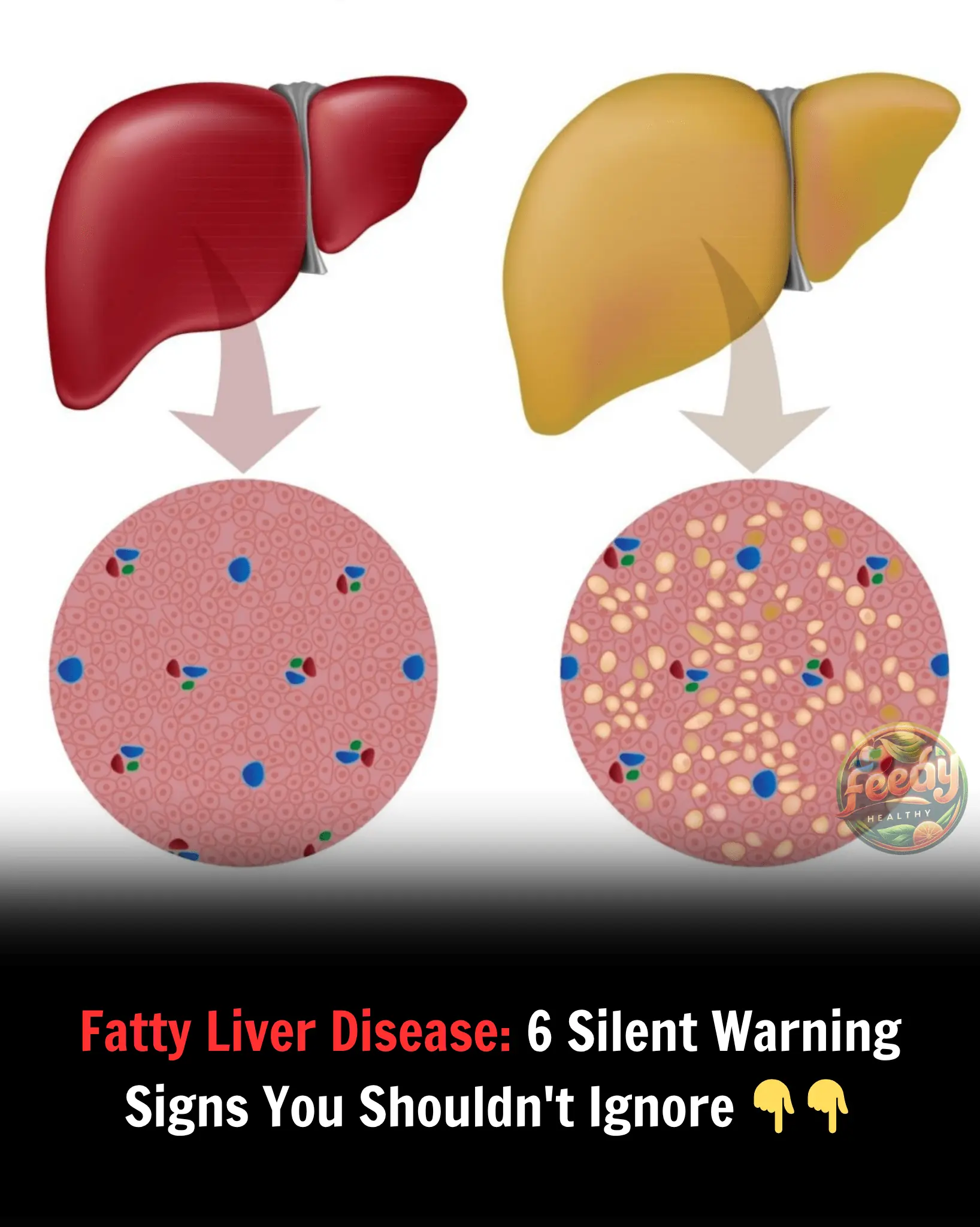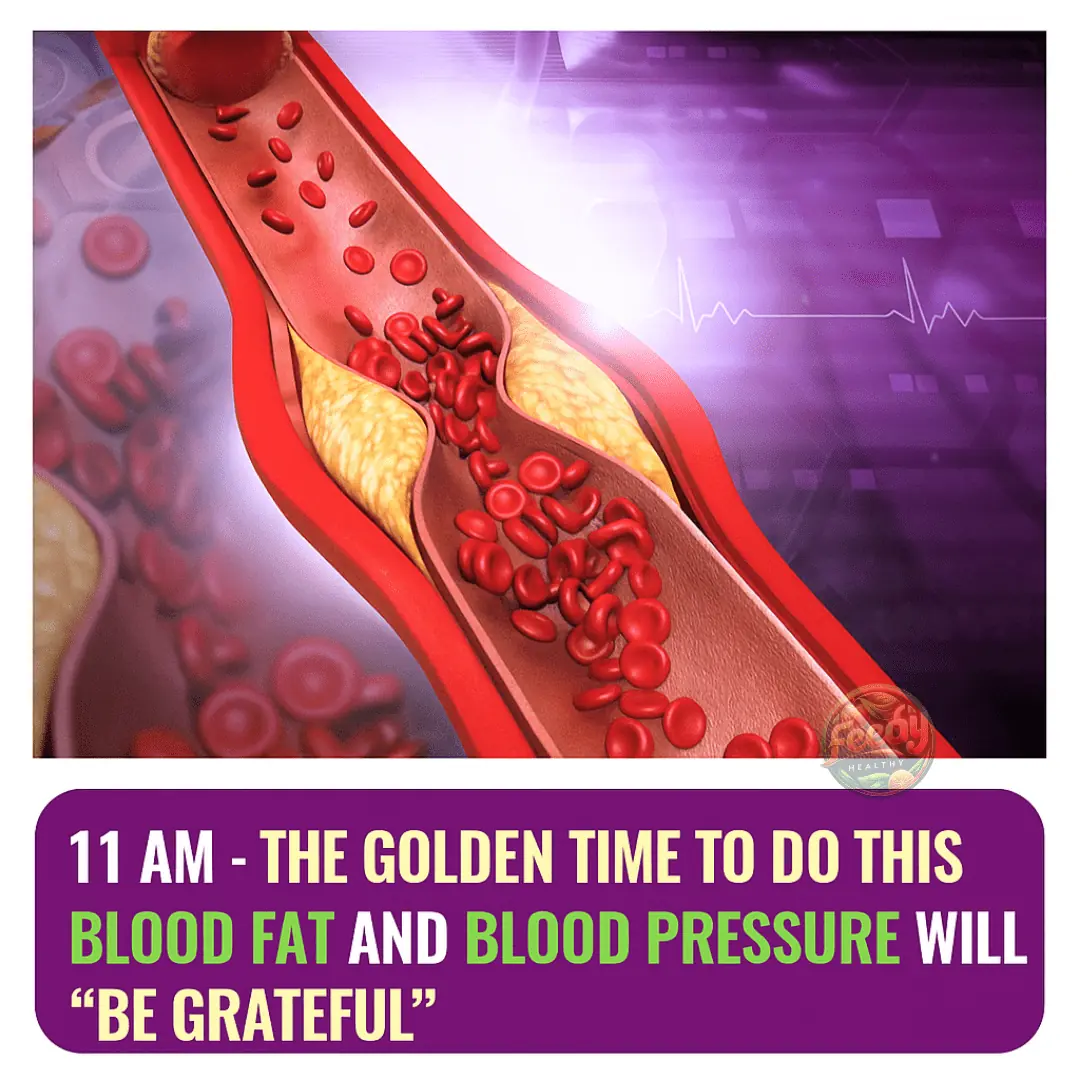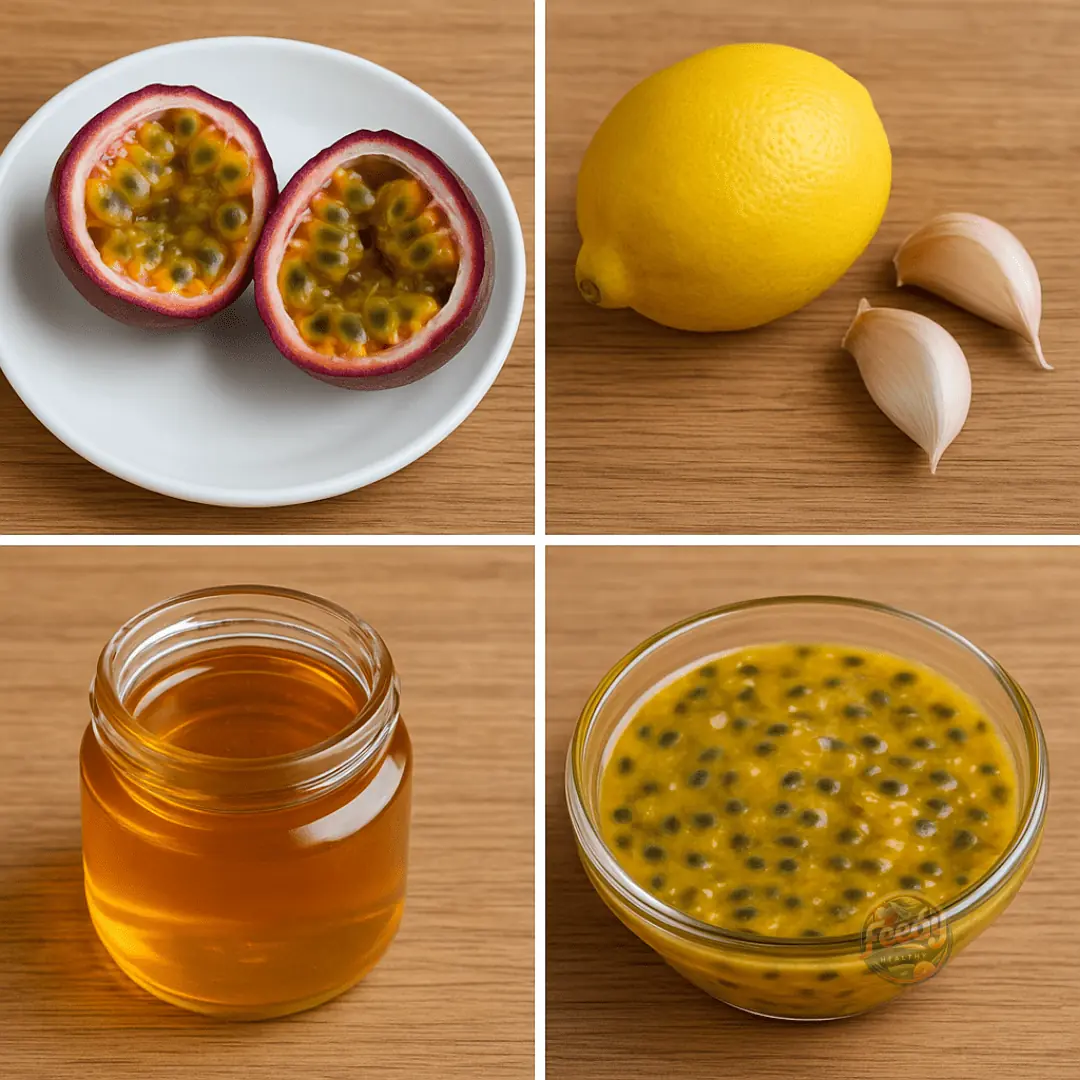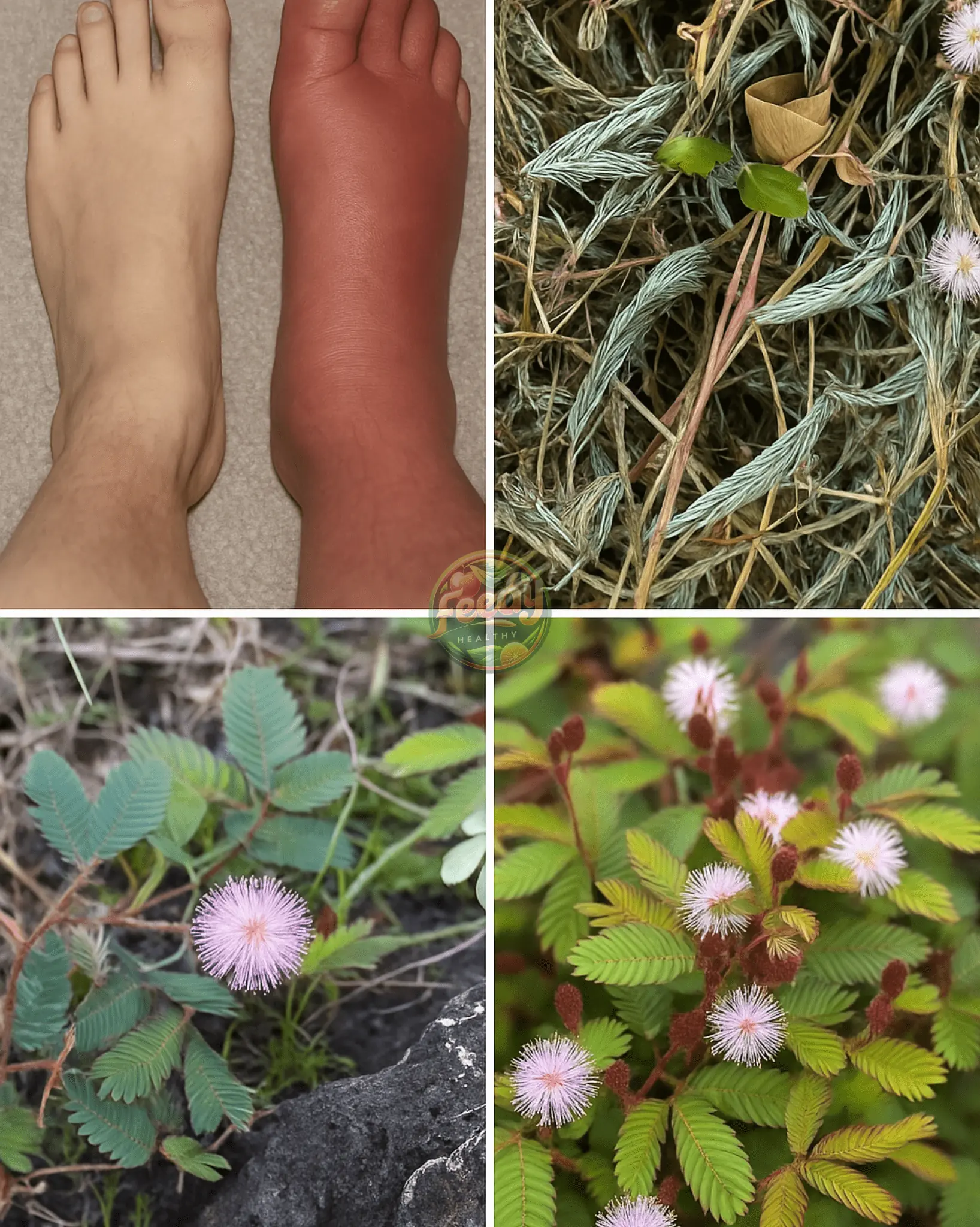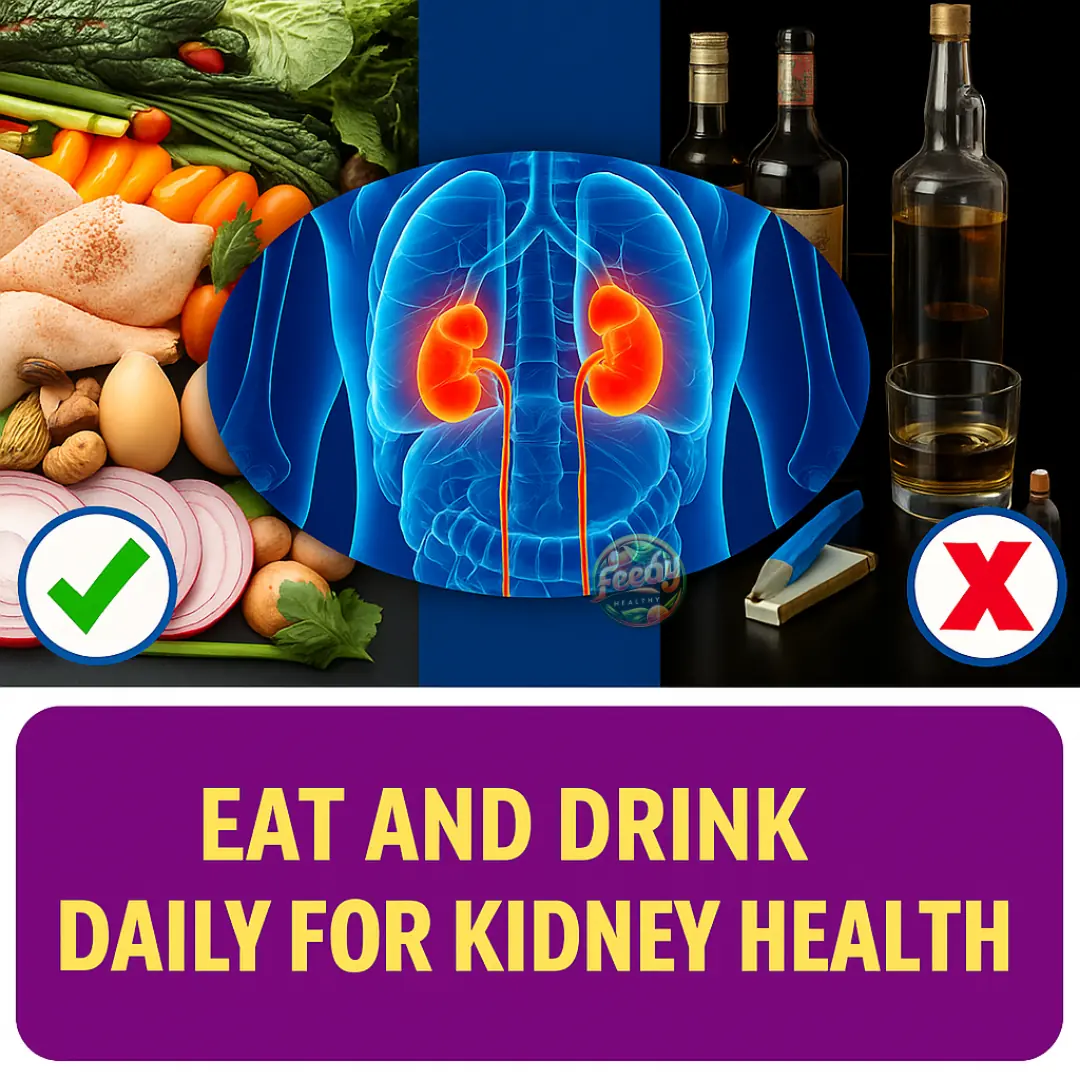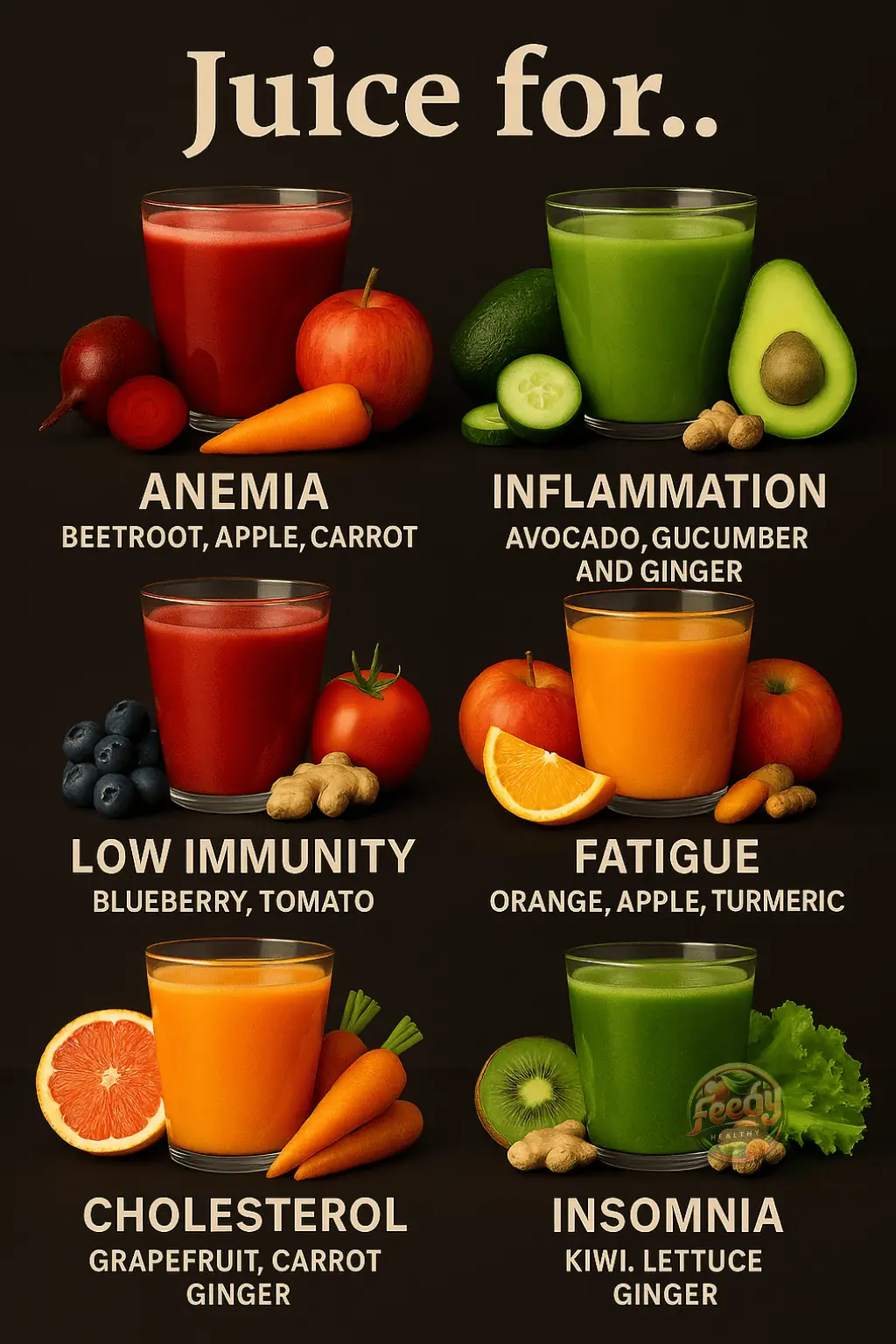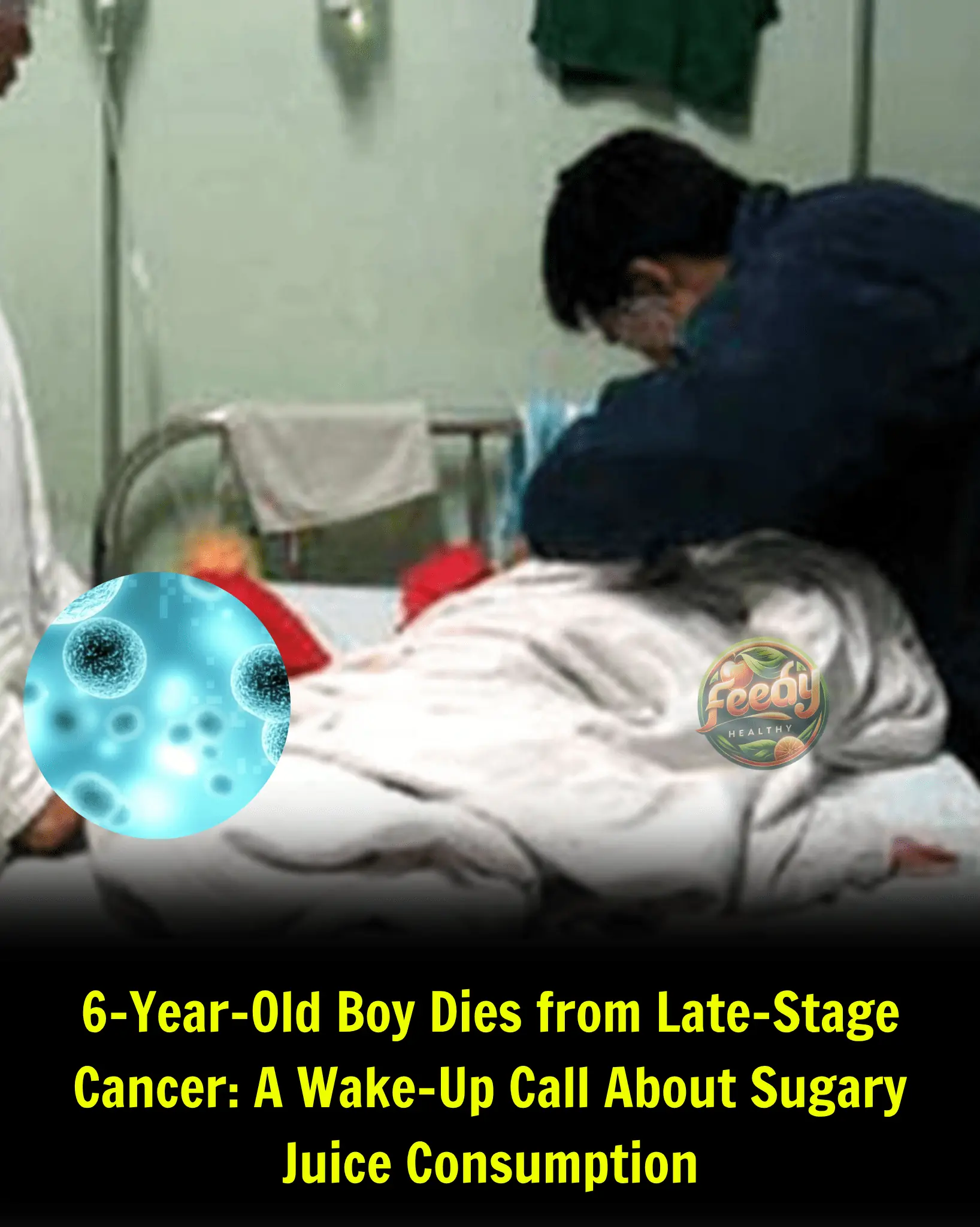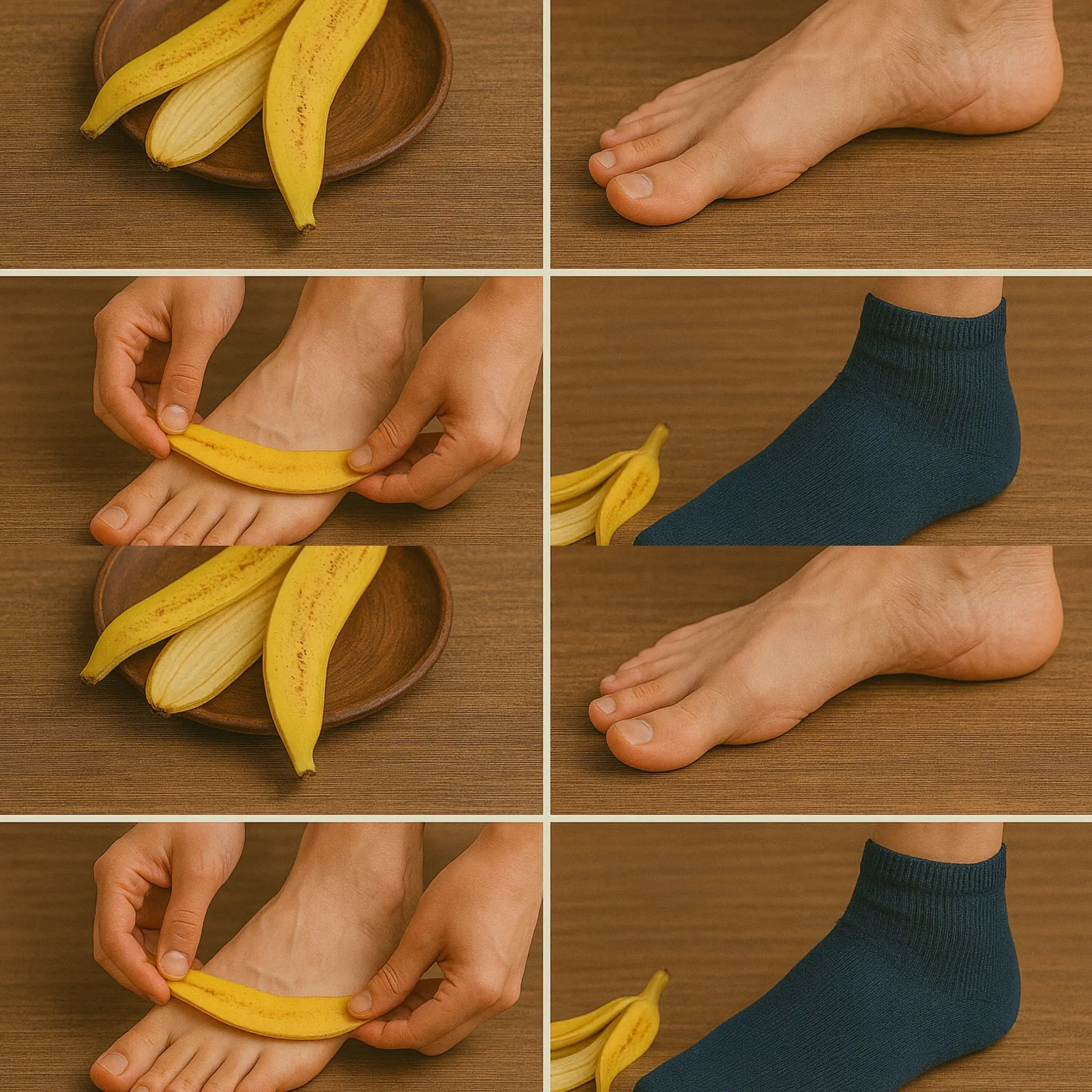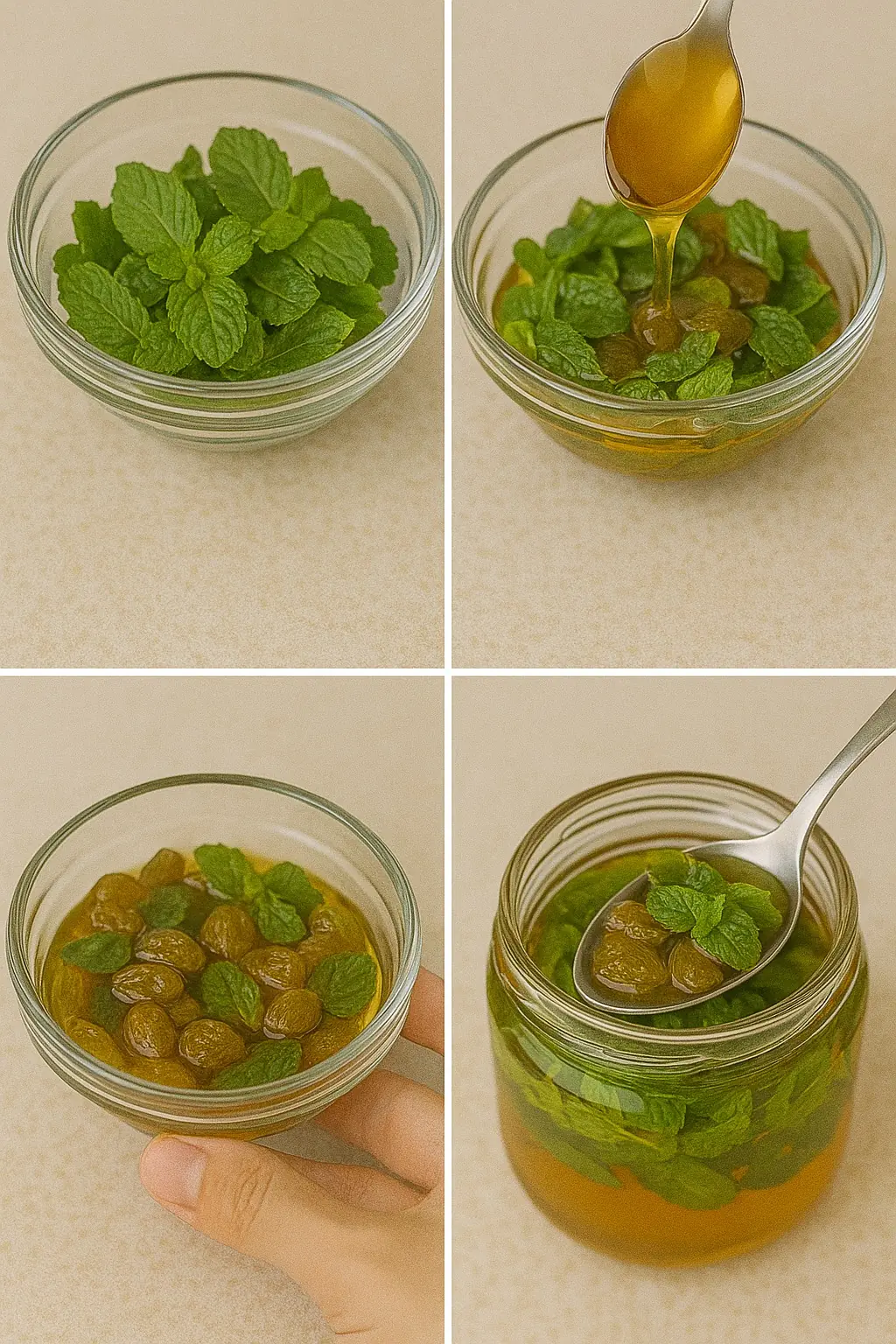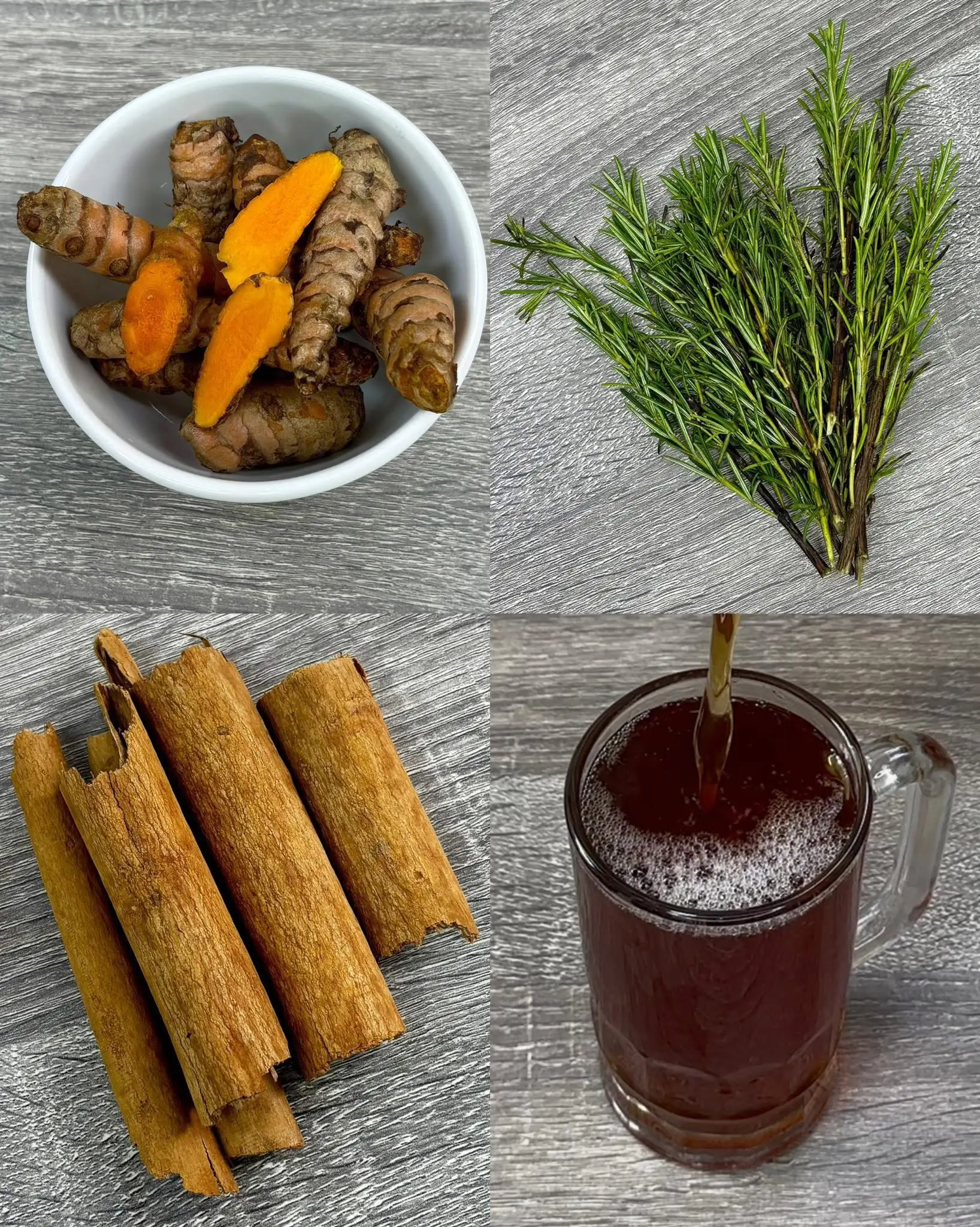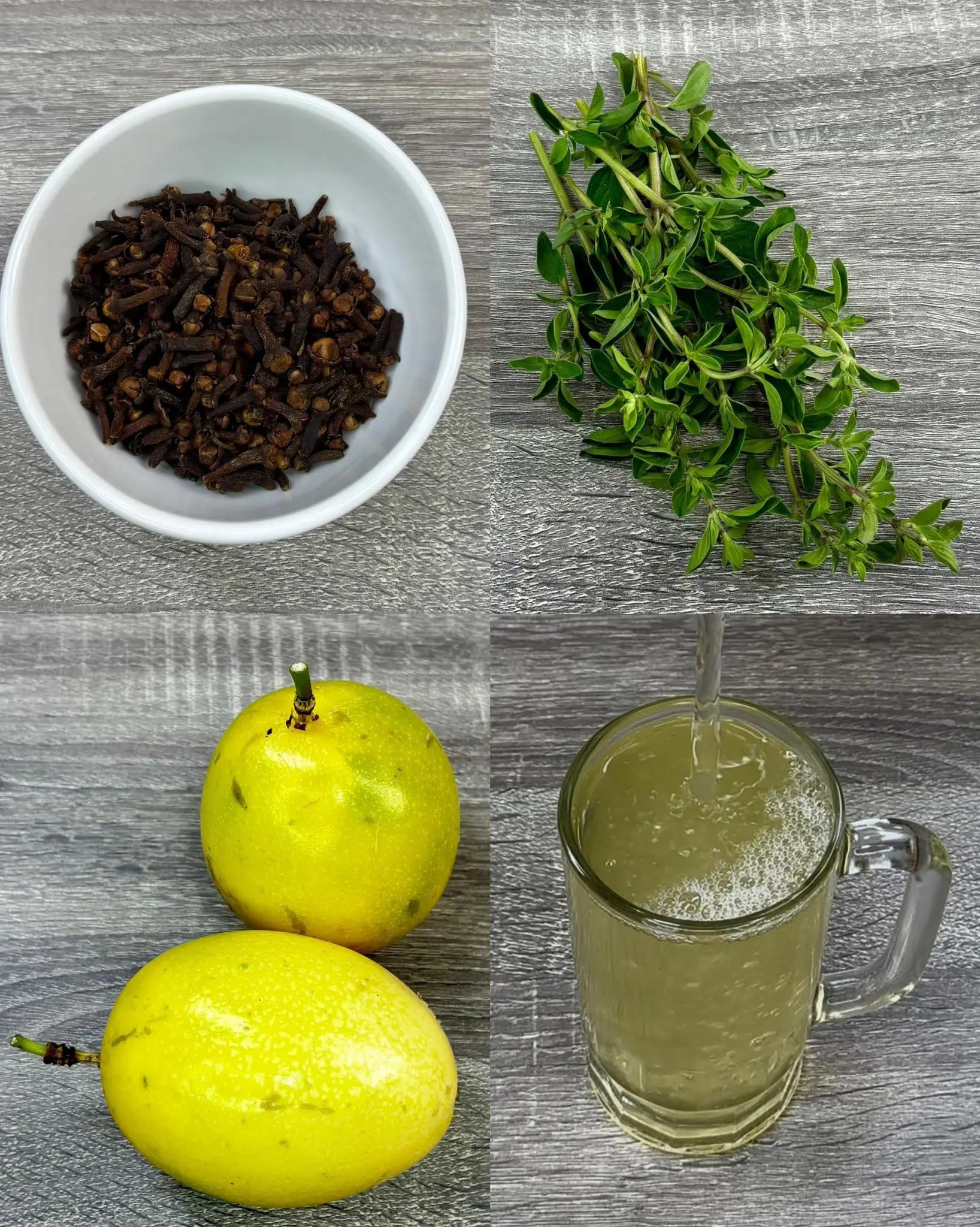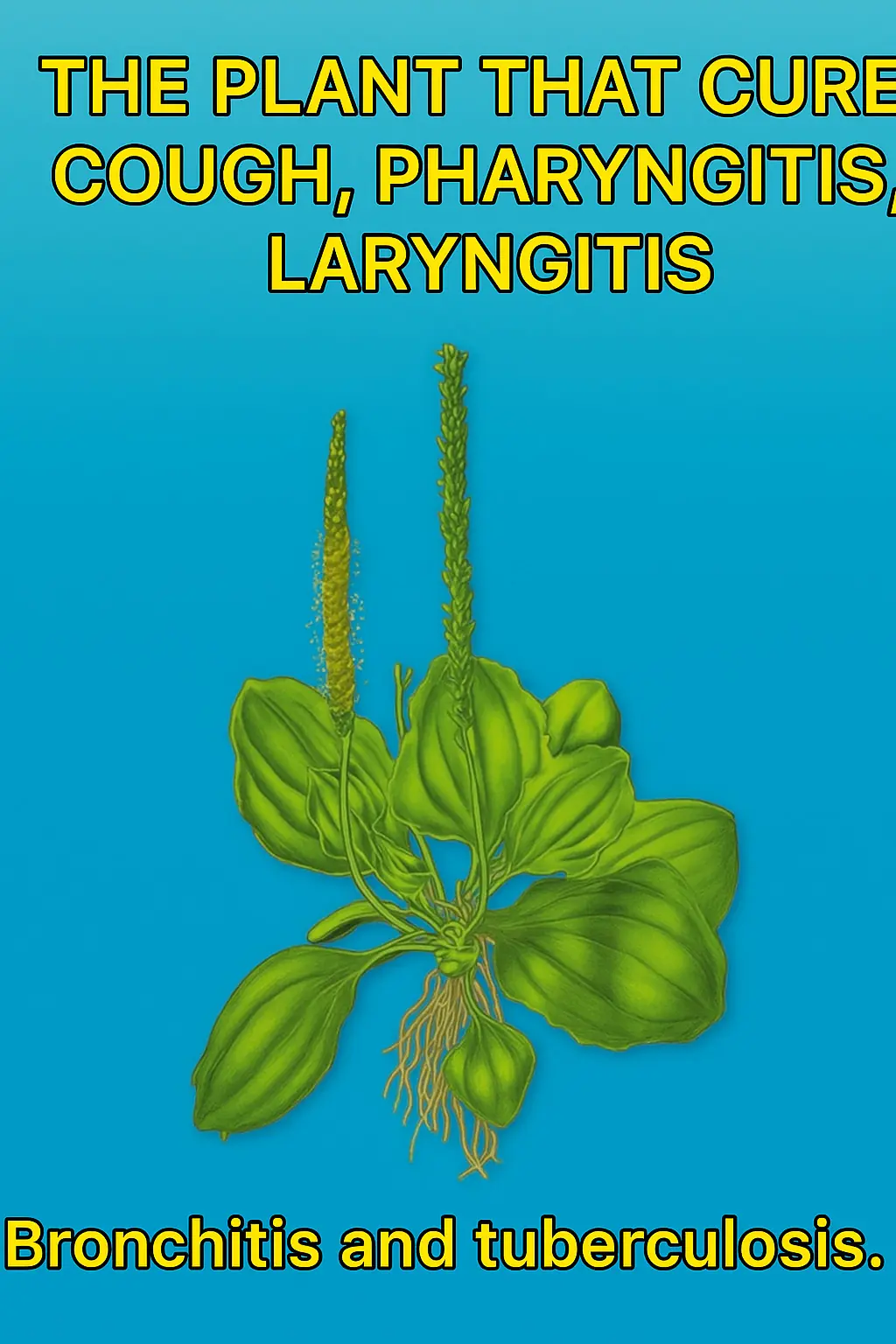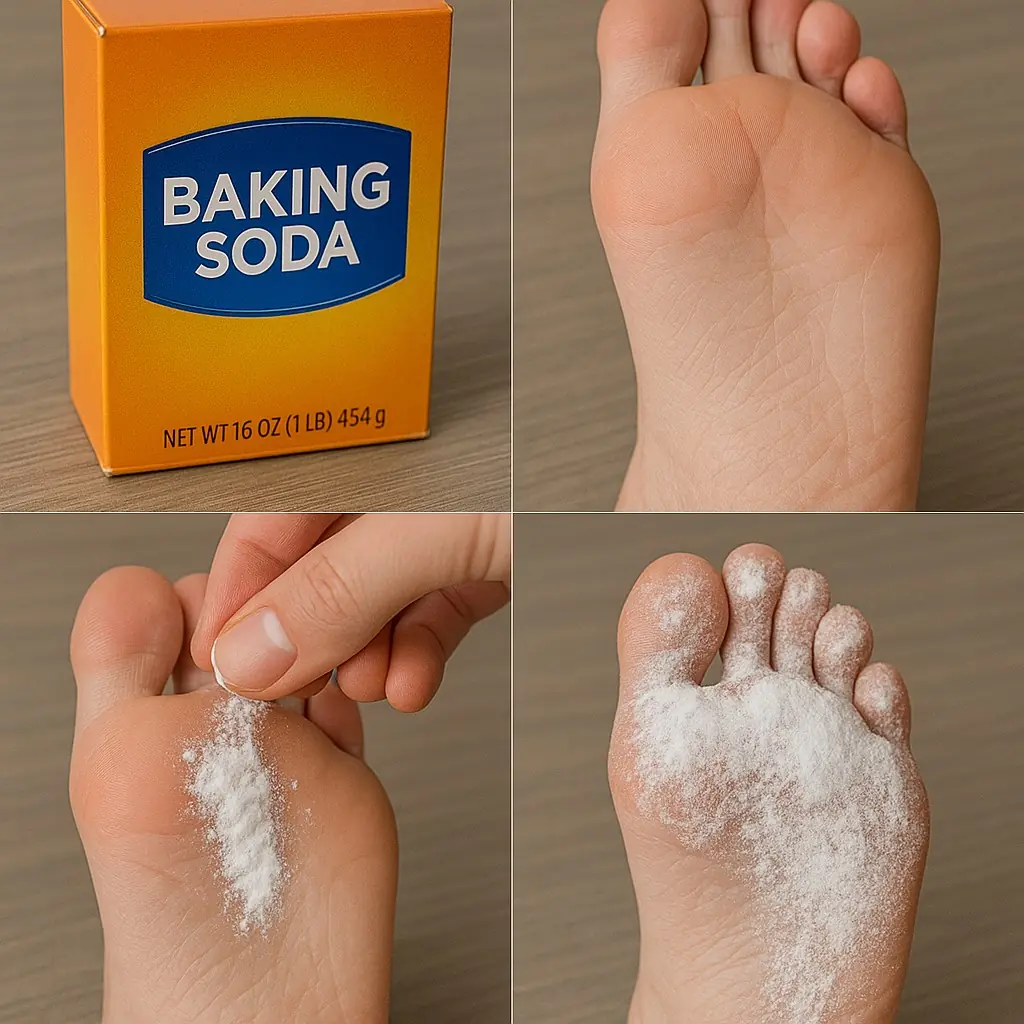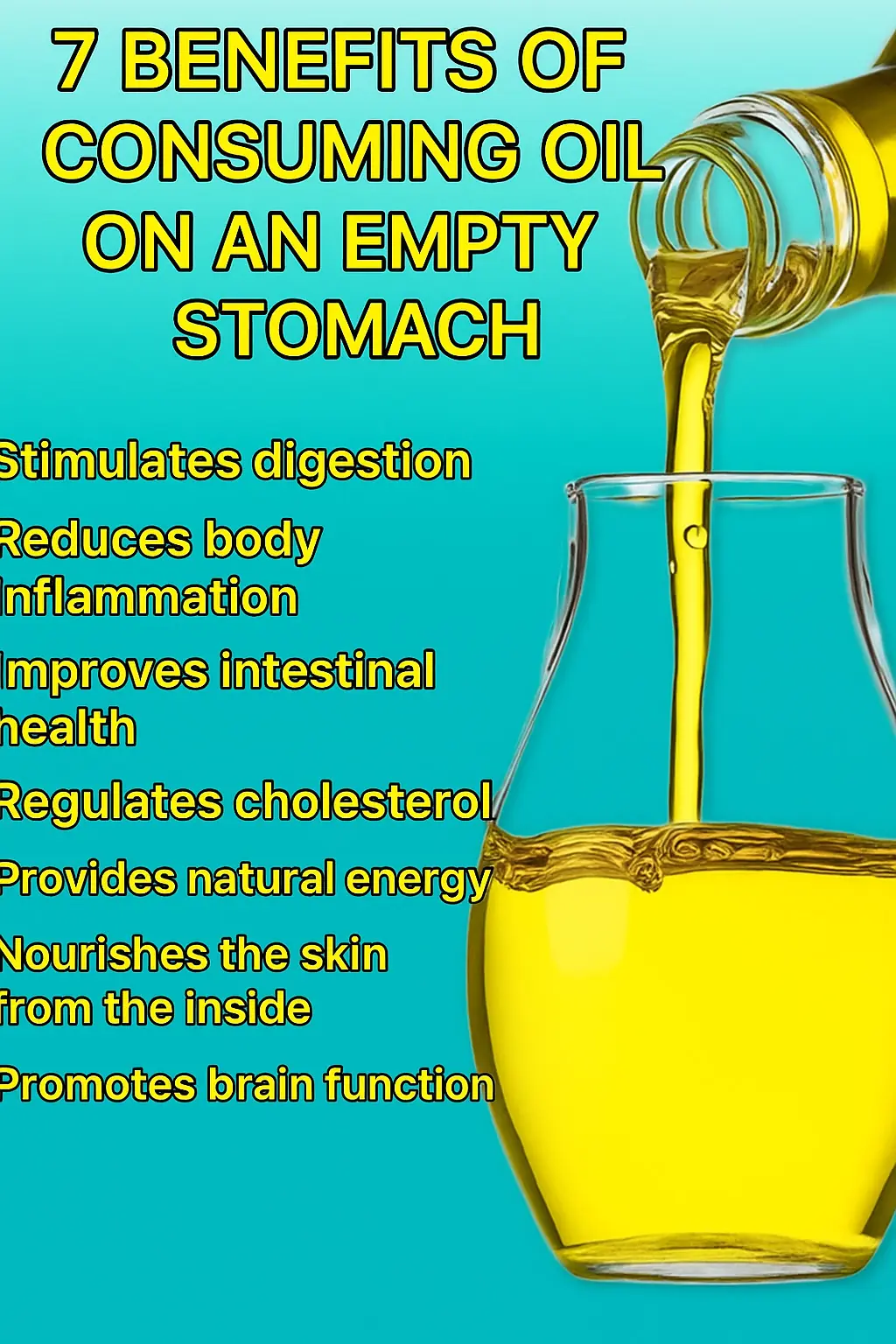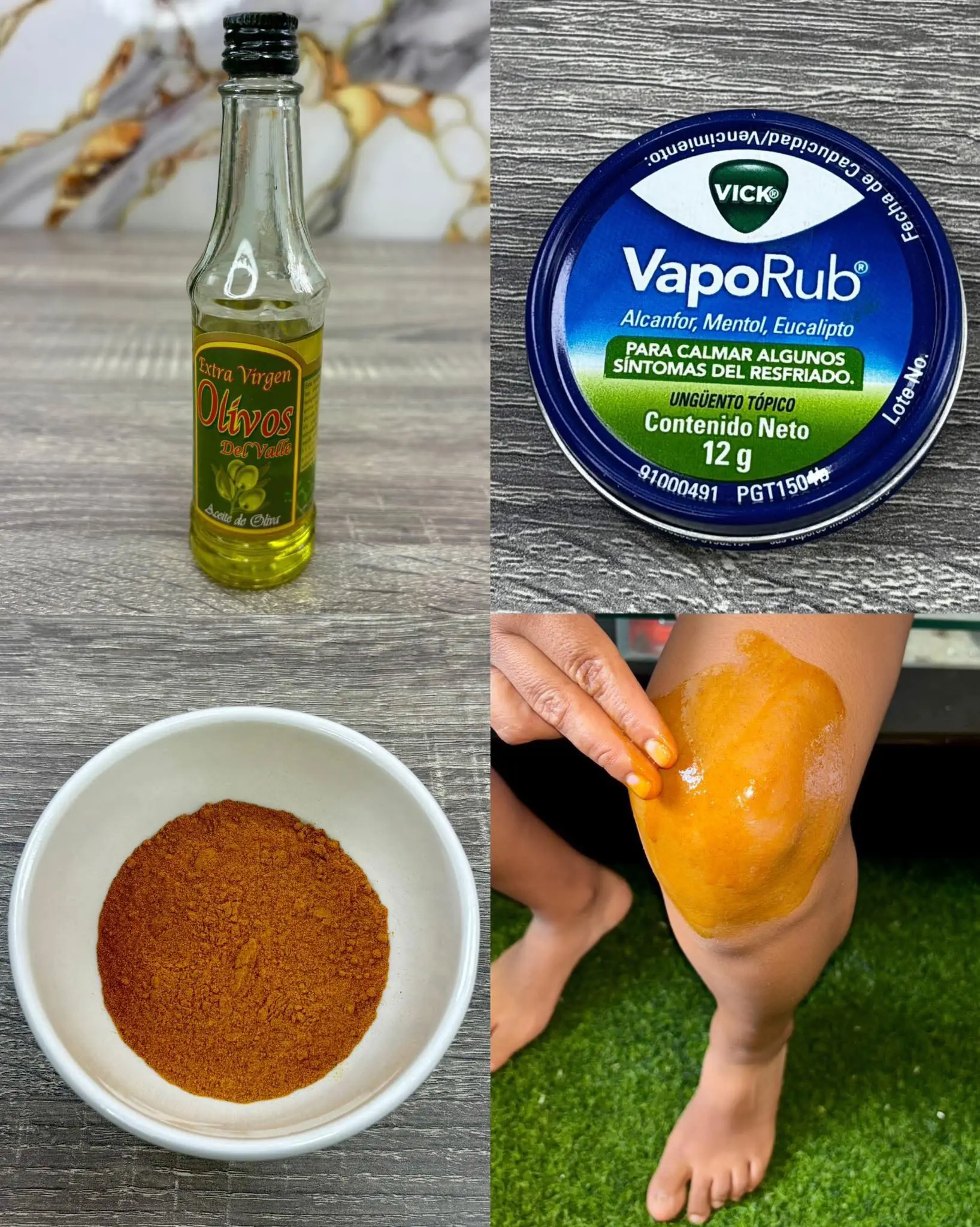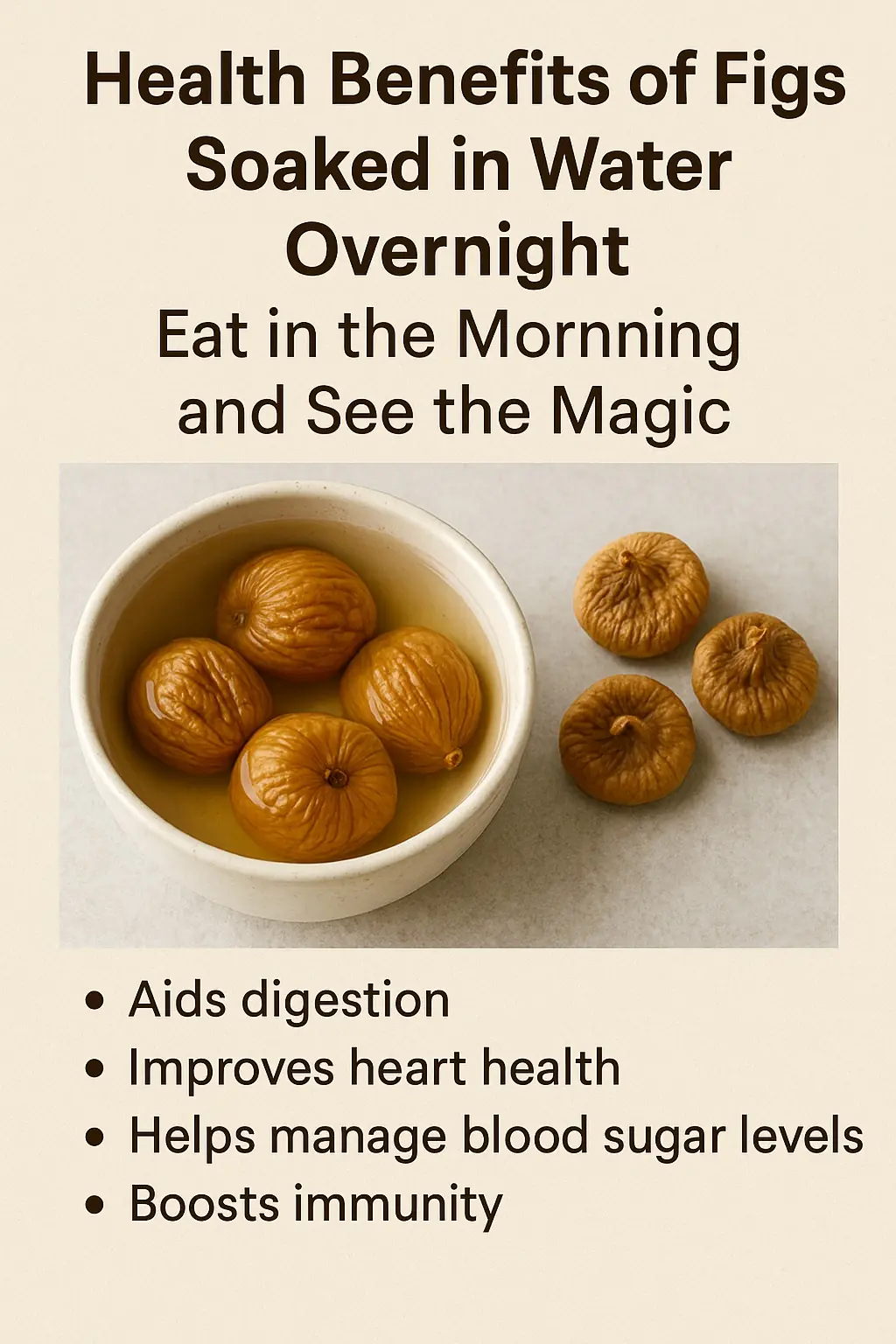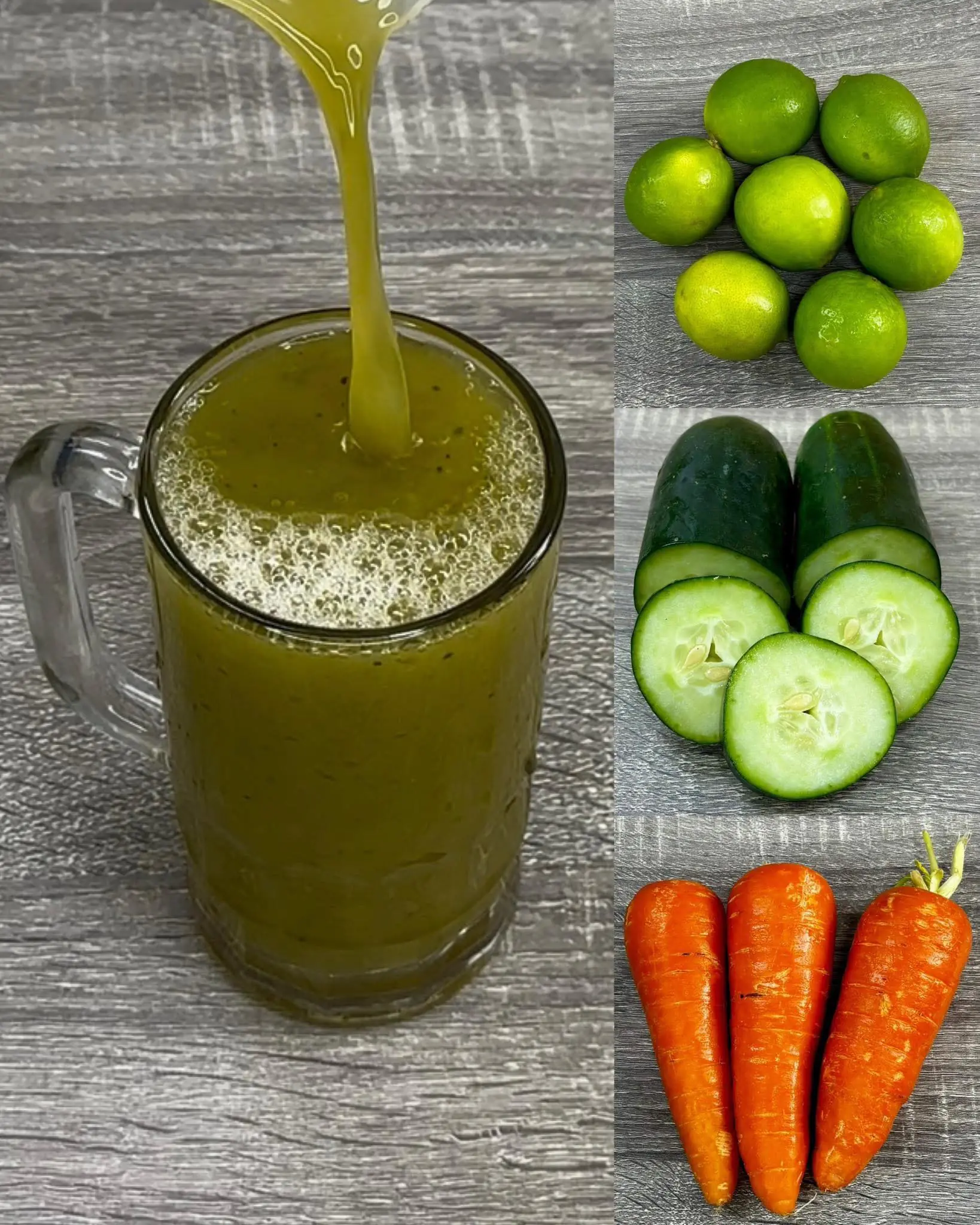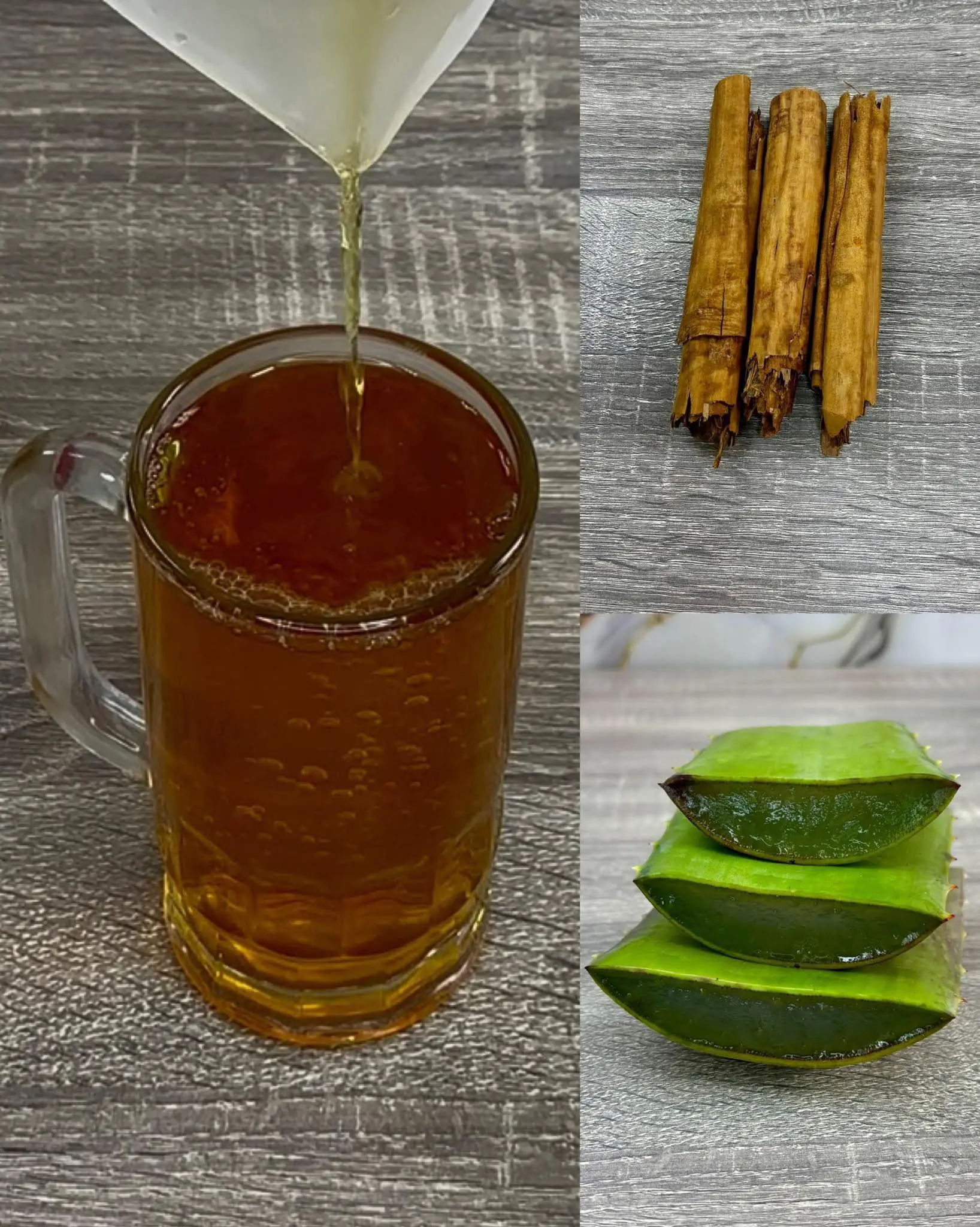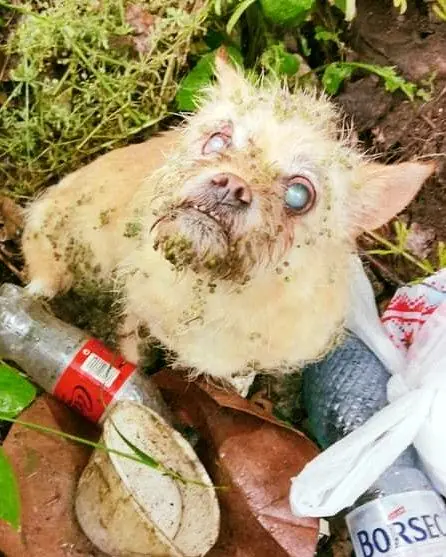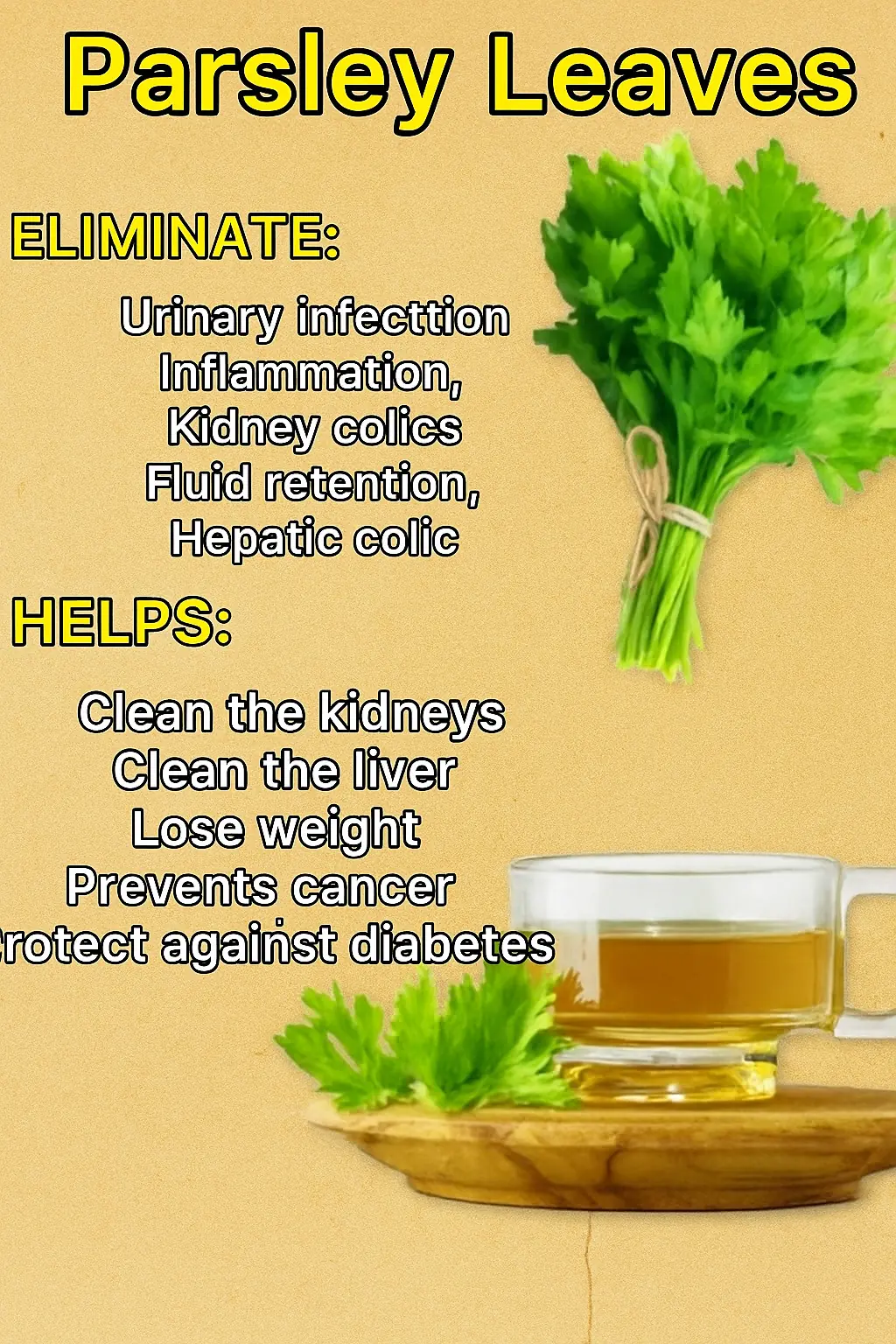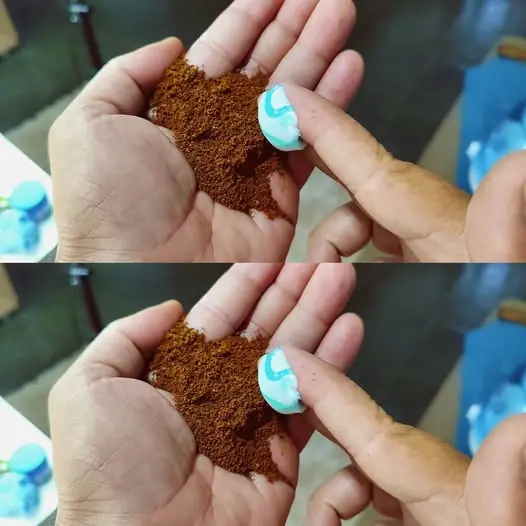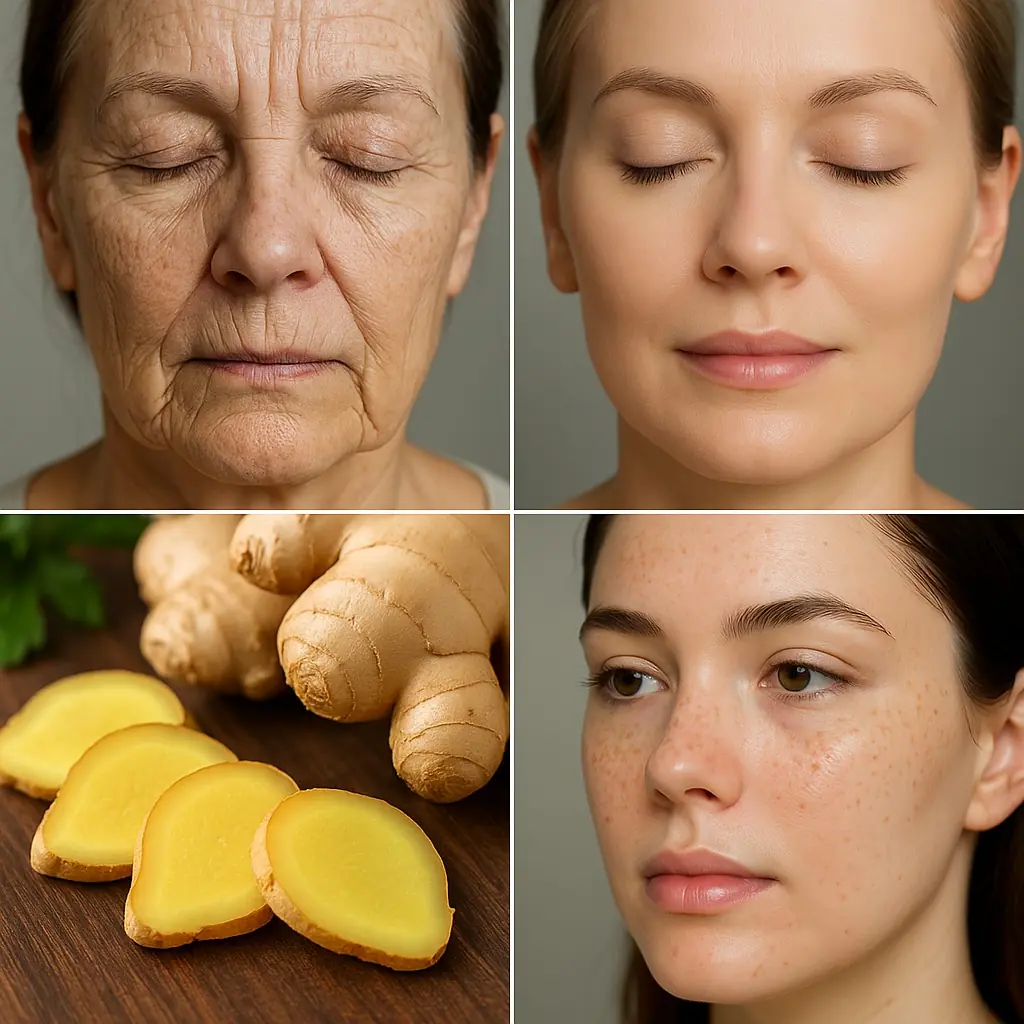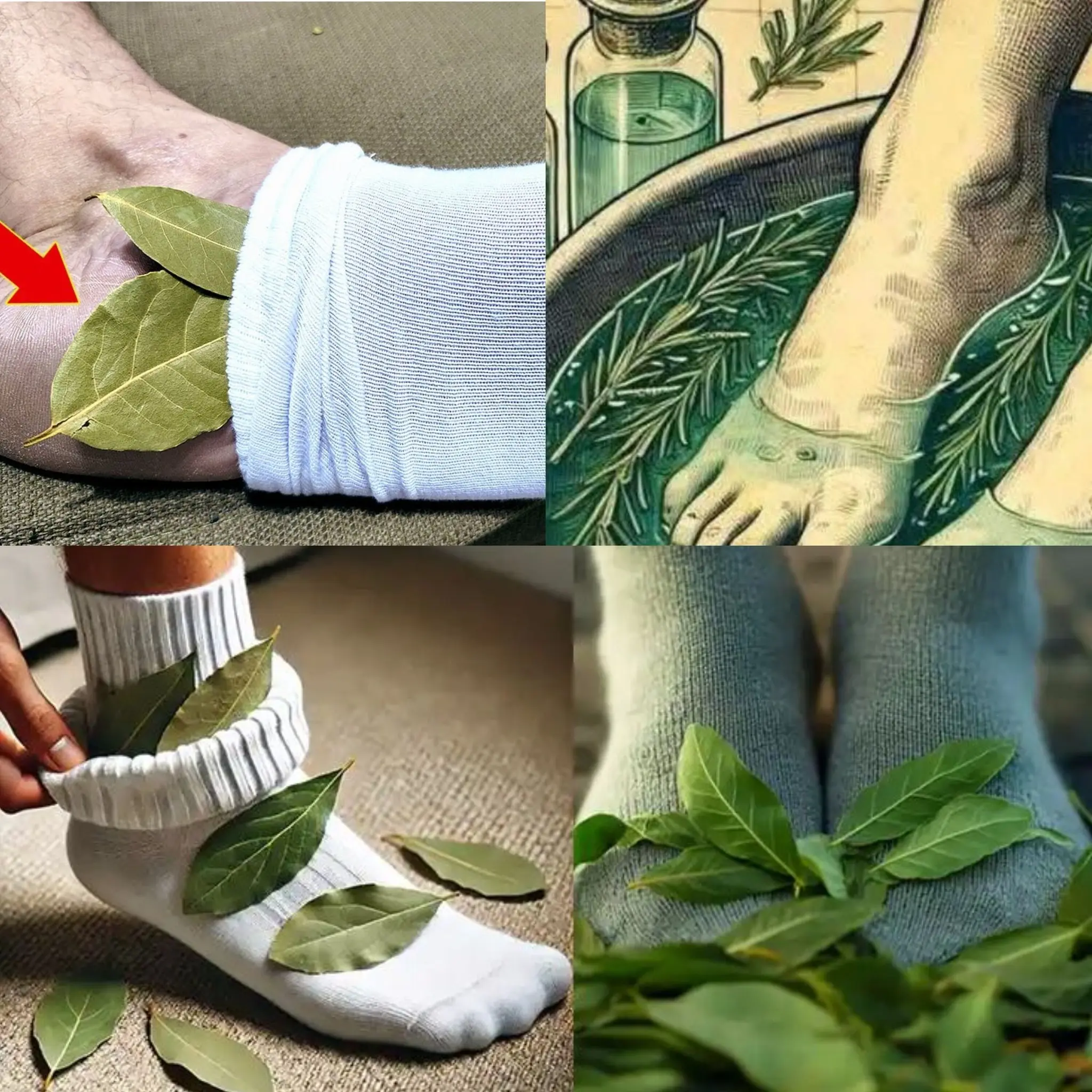A heartbreaking incident occurred involving a 5-year-old girl from Chengdu, China. The child was diagnosed with end-stage liver cancer and passed away after six months of treatment. Her tragic story serves as a powerful warning to all parents.
According to Dr. Duan Bing, Head of the Oncology Department at the First People's Hospital of Chengdu, the little girl — named Hui Ni — was the youngest cancer patient in the hospital. This case highlights a growing trend of cancer affecting younger and younger individuals.
In conversation with Dr. Duan, the girl’s mother stated that there was no family history of liver cancer and that her daughter had always been healthy — except for her fondness for instant noodles, smoked meats, sausages, and soda since a young age.
“She stayed at our hospital for half a year, but sadly, she didn’t make it,” Dr. Duan said. He also noted that the girl’s liver cancer was closely linked to her unhealthy eating habits. Unfortunately, unhealthy snacking habits are not exclusive to children — many adults also find it difficult to resist junk food. Many people skip proper meals but constantly snack — on their way to work, at their desks, and while watching TV. This behavior can have a serious long-term impact on health.
A report by the non-profit organization “iearth – Love the Earth” surveyed children's consumption of food additives in nine major Chinese cities. It found that eight commonly eaten snacks contained high levels of food additives.
According to the report, 1 in 10 children consumes snacks containing additives more than three times per day, and 6% of children drink more than three sugary beverages (excluding mineral water or homemade tea) daily. In the summer, 26% of children eat ice cream every day.
The survey also analyzed the ingredients and food additives in 489 types of food across 33 categories. The most additive-laden foods included instant noodles, milk tea, potato chips, sausages, pastries, and other processed foods.
Given the increasing number of cancer cases in young children, doctors have issued a strong warning for parents to avoid giving their kids the following types of food:
1. Sugary and Sports Drinks
The American Academy of Pediatrics recommends that children under 1 year old should never consume sugary drinks. Older children can have them in moderation, but the quantity must be strictly limited. These beverages are dangerous because they may contain brominated vegetable oil (BVO), which can cause bromine toxicity — affecting the nervous system, skin, and memory. In addition, they are loaded with sugar and calories, contributing to tooth decay and offering no nutritional value.
2. Honey (for Infants Under 1 Year)
Although honey is a nutritious food for older children and adults, it is extremely dangerous for toddlers and infants under one year — whether raw or processed. Honey may contain Clostridium botulinum spores that can lead to infant botulism, a condition that severely affects the underdeveloped immune system and may cause muscle weakness and respiratory problems.
After the age of 1, honey becomes a wonderful source of nutrition. Before that, children should get their vitamins and nutrients from fruits and vegetables.
3. Canned Tomato Sauce and Other Canned Foods
Bisphenol-A (BPA), a harmful chemical found in plastic packaging, is present in high concentrations in canned goods. BPA exposure may negatively affect children's development, especially the reproductive system and brain, and is linked to cancer risk.
If you’re preparing spaghetti or similar dishes, opt for tomato sauce in glass jars, or better yet, make your own from fresh tomatoes.
4. Processed Meats like Sausages
Sausages and other processed meats should be minimized. According to the American Cancer Society, consuming just 50 grams of processed meat per day increases the risk of colorectal cancer by 18%.
“We must limit processed meats as much as possible to reduce the risk of intestinal and other cancers,” the organization warns.
As a healthier alternative, fish-based products are recommended — even fast food options with fish are considered much better than those with processed meats.
5. Chewing Gum
Regular chewing gum is not a good choice for young children. It usually contains large amounts of sugar, leading to dental issues such as cavities. Sugar-free gums often contain sorbitol, which can cause diarrhea.
The biggest danger, however, is accidental swallowing. A large piece can cause choking, while multiple small pieces may result in intestinal blockage.
Instead of chewing gum, offer crunchy snacks like carrots or cucumbers. If you still prefer gum, look for options made with xylitol, which is safer for dental health.
Conclusion
The tragic story of little Hui Ni is not just a personal loss — it's a cautionary tale. Parents must be more mindful of their children’s diets. Early prevention through healthy eating habits can go a long way in protecting our children from life-threatening illnesses like cancer.

